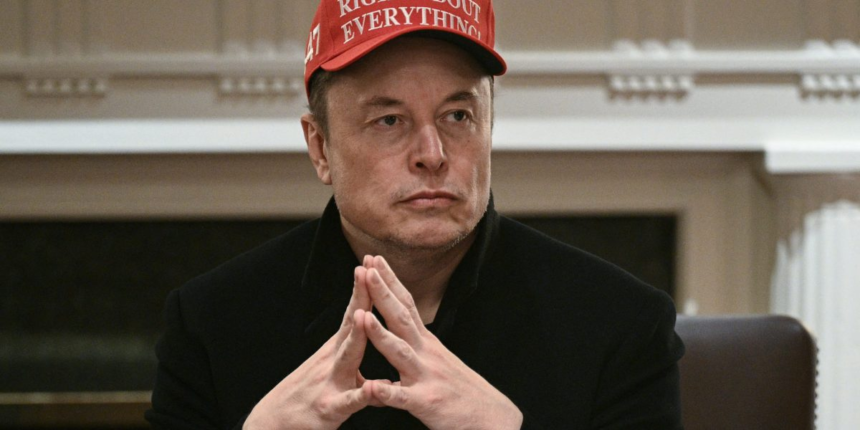Most of those swings took place on paper: Musk’s wealth is made up largely of his stakes in his companies, only one of which, Tesla, is public. With nearly 13% of the company, Musk’s stake is substantial, and has fluctuated by hundreds of billions of dollars during his time in office.
The positive vibes for Tesla got an assist from SpaceX, which achieved a record-setting $350 billion valuation in December thanks to a tender offer. That put Musk’s stake in the closely held company at $147 billion. It would serve him well in the coming months, acting as a bulwark after Tesla’s value collided with public displeasure.
Like the adage that no battle plan survives the first encounter with the enemy, Musk’s goodwill quickly ran into the problem of executions.
Poor sales figures throughout the first quarter and broader stock-market gyrations around the April “Liberation Day” tariffs didn’t do Musk any favors, as the company’s stock stayed suppressed for much of that month. But, with Musk becoming a less visible figure in the cabinet, sentiment shifted, and Tesla’s stock started gradually rising in late April. It’s now just down 10% since the start of the year.
Today, Musk is worth $386 billion, according to the Bloomberg Billionaires Index. He has regained tens of billions in net worth, although his value on paper is still tens of billions below the December peak.









